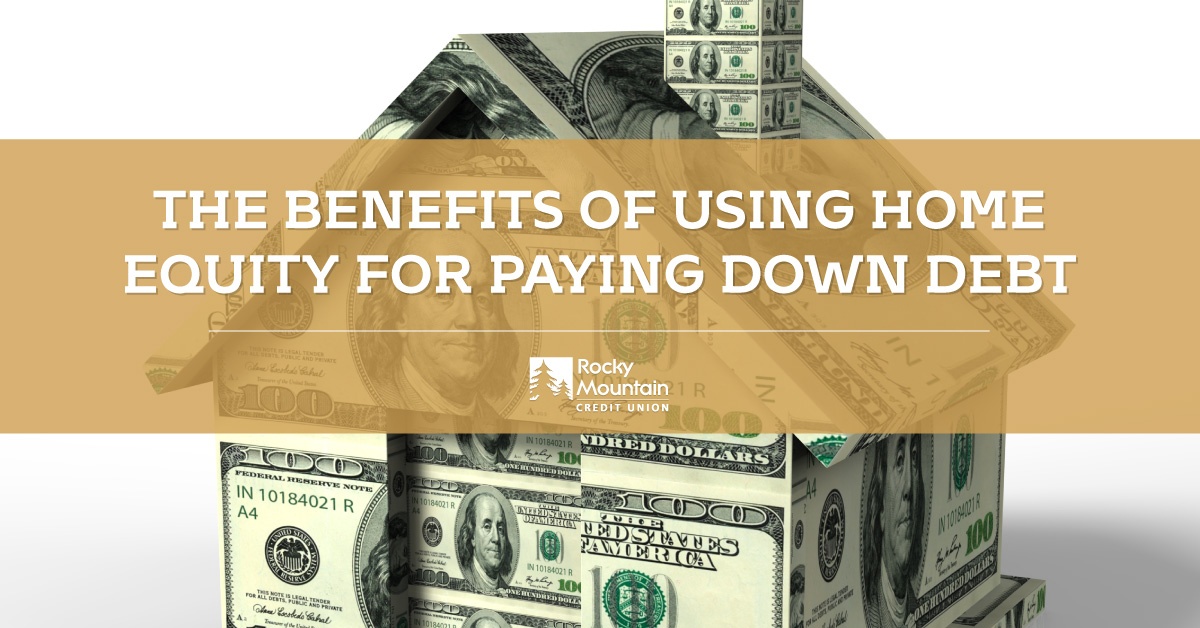Lower Interest
Potentially the most important reason to use a home equity loan for paying down debt is that it typically offers a lower interest rate than other loans. Look at credit card rates, for example; they generally run between ten and twenty percent. This is a pretty high rate, especially if you keep a high balance and pay it down over time. The reason for these higher rates is primarily the fact that these are unsecured lines of credit. An unsecured line of credit is one in which the loan is not backed up by any collateral. Since there’s no guarantee for the credit card companies, have to charge a higher rate.
Compare this to a home equity loan. You’re putting your home up as a safety net; if you fail to pay back the loan the bank still gets something of value. That means there’s less risk for the lender. When there’s less risk for the lender, the interest rate goes down. The rate for home equity loans has typically been less than five percent, making it an ideal way of paying down debt and consolidating your payments.
Potential Tax Deduction
Another reason to use home equity for paying down debt is the potential for a tax deduction on the interest. If you itemize your tax deductions each year, the interest on a home equity loan is just like the interest on your mortgage payments. This makes it deductible up to $100,000. If you’re paying off debt, that means that on top of consolidating your debt and making it easier to manage you’ll potentially be saving money on taxes as well. Talk to your accountant or your financial institution to find out how this tax deduction could benefit your family.
Cash Payment
Consolidating and paying off debt is nice, but there’s one really great thing about home equity loans that makes them ideal in some situations. A home equity loan gives you more than just a new line of credit; it gives you cash. Cash, as is well known, provides greater flexibility when you go to use it. Rather than paying off your bills for you, you’re given a lump sum to use how you see fit. That means that if you have debts in different locations, like credit card debt, medical bills, or other forms of debt, you can be in control. The money can be divided up in any way you see fit, and you’ll end up with all of your debt in one place, with one interest rate.
Infinite Uses
After you’ve consolidated your debts, you can use the remainder of your home equity loan for other projects. Commonly this type of loan is used for home repairs or renovation, but you could use it to finally take a vacation or to upgrade your home office. It should be noted that this is a loan, and shouldn’t be used frivolously. Make sure you use it wisely and consult your financial institution for advice. What could be better than paying off debt with a little leftover to update your kitchen or a new man cave?
Home equity loans can be a great solution if you find yourself with debt beginning to spiral out of control. It’s a great way to simplify your payments and end up paying less. You could even end up with a tax break and a little left over for your dream projects. Just make sure to be careful and remember that home equity loans have your home as collateral, so it’s important to take them seriously. If you listen to the advice of your financial institution and use your loan responsibly, paying off debt will be no problem.

